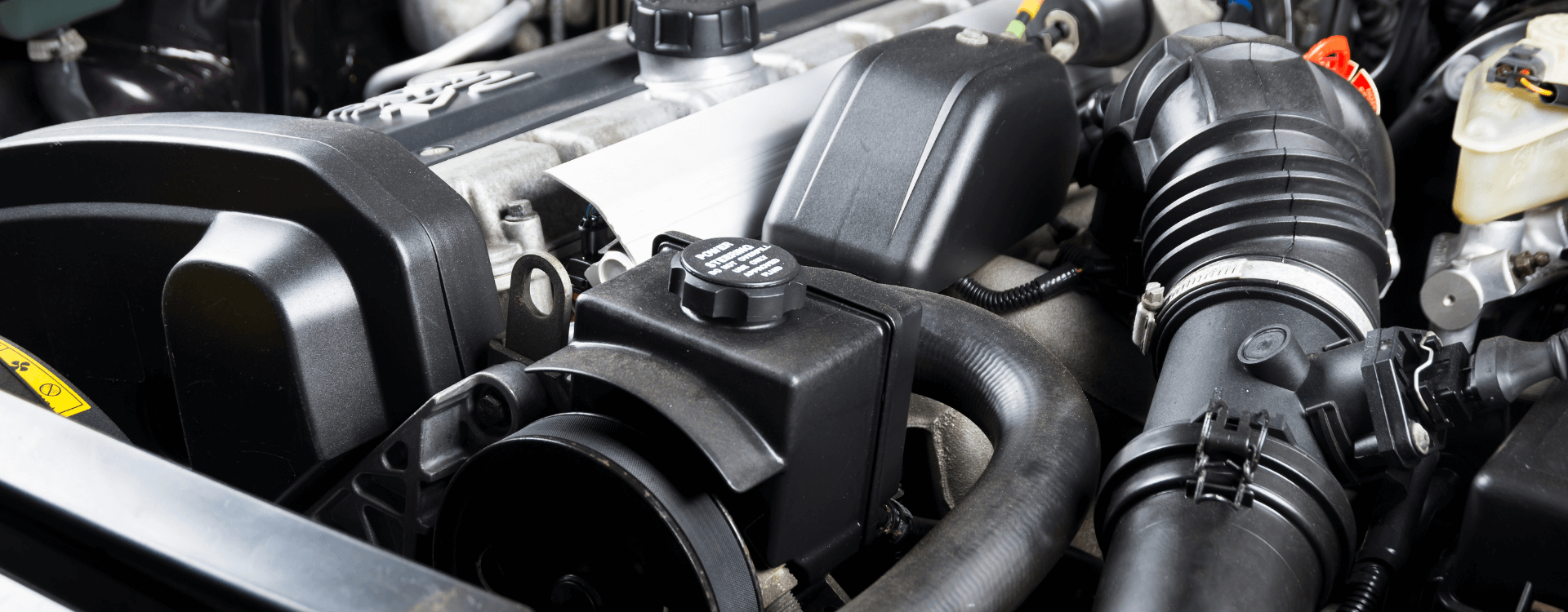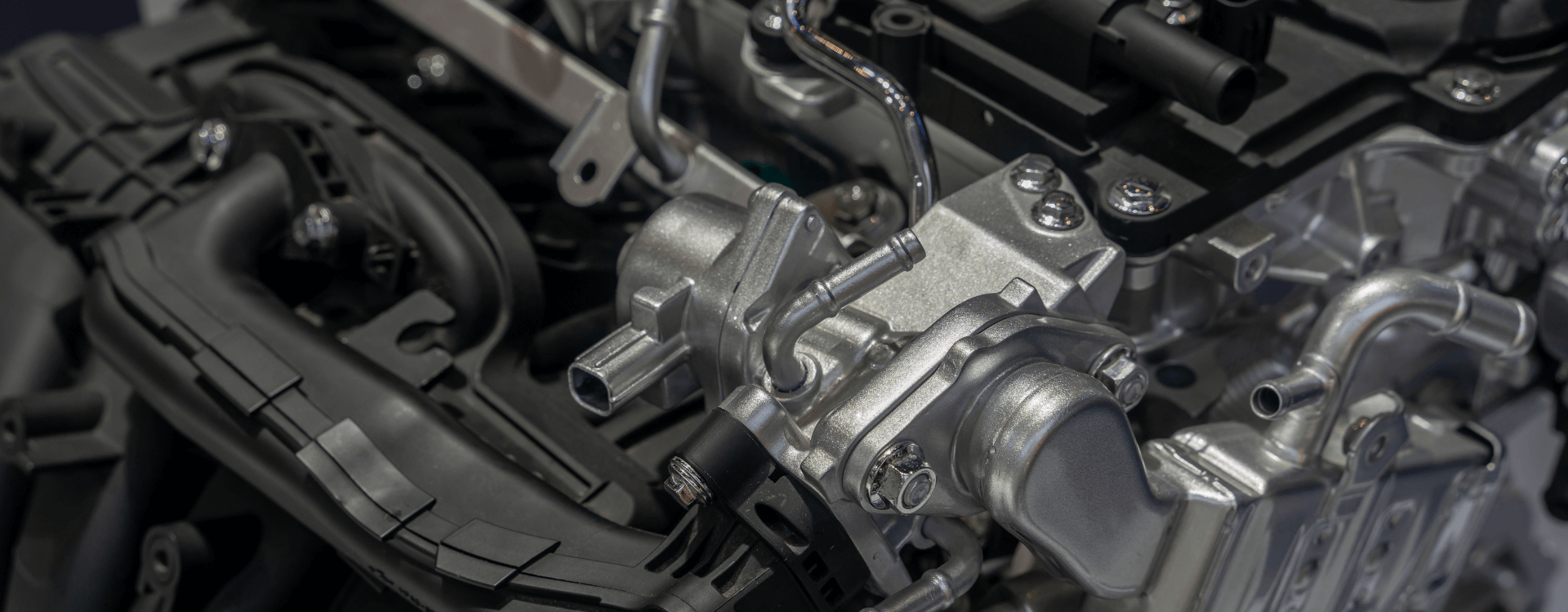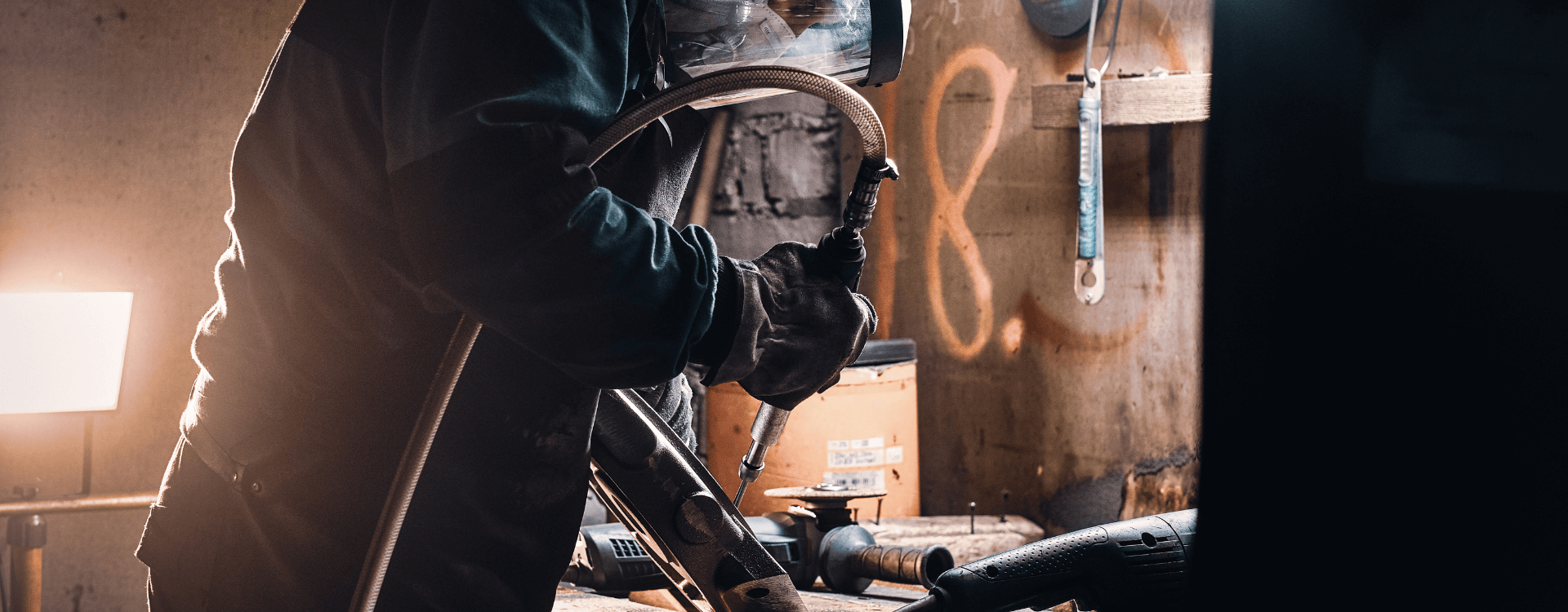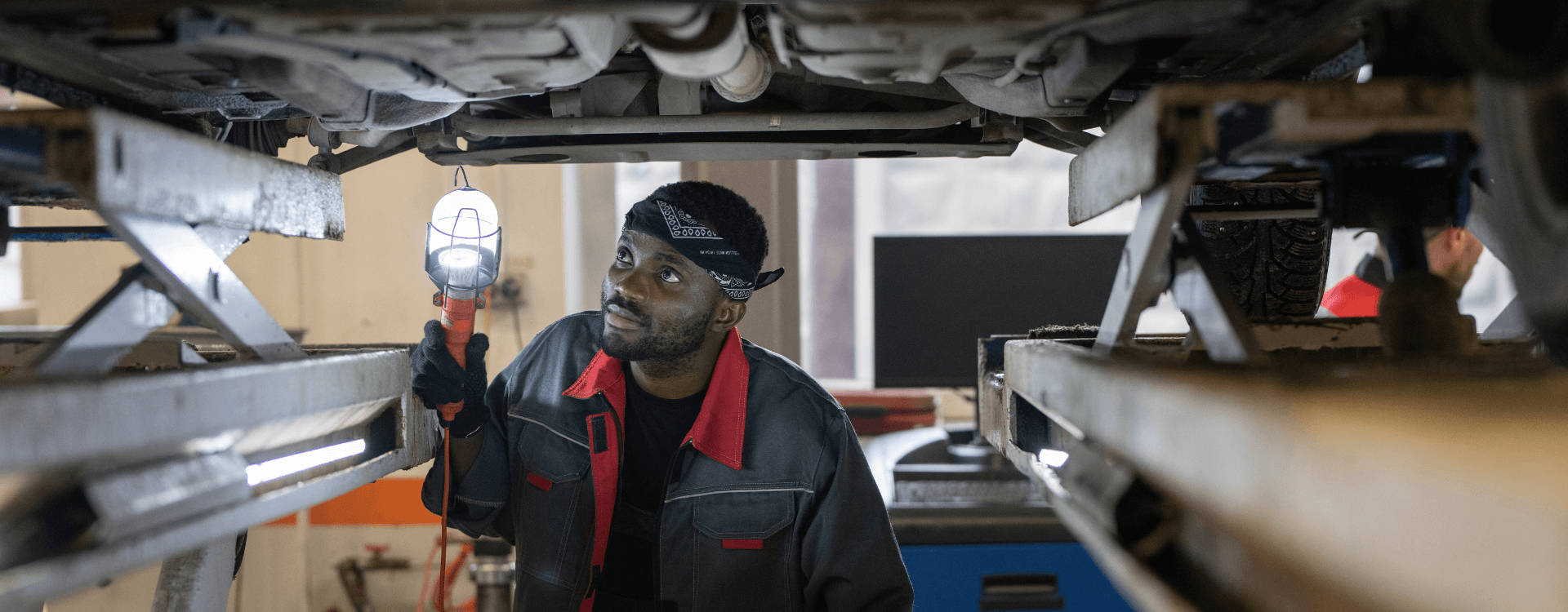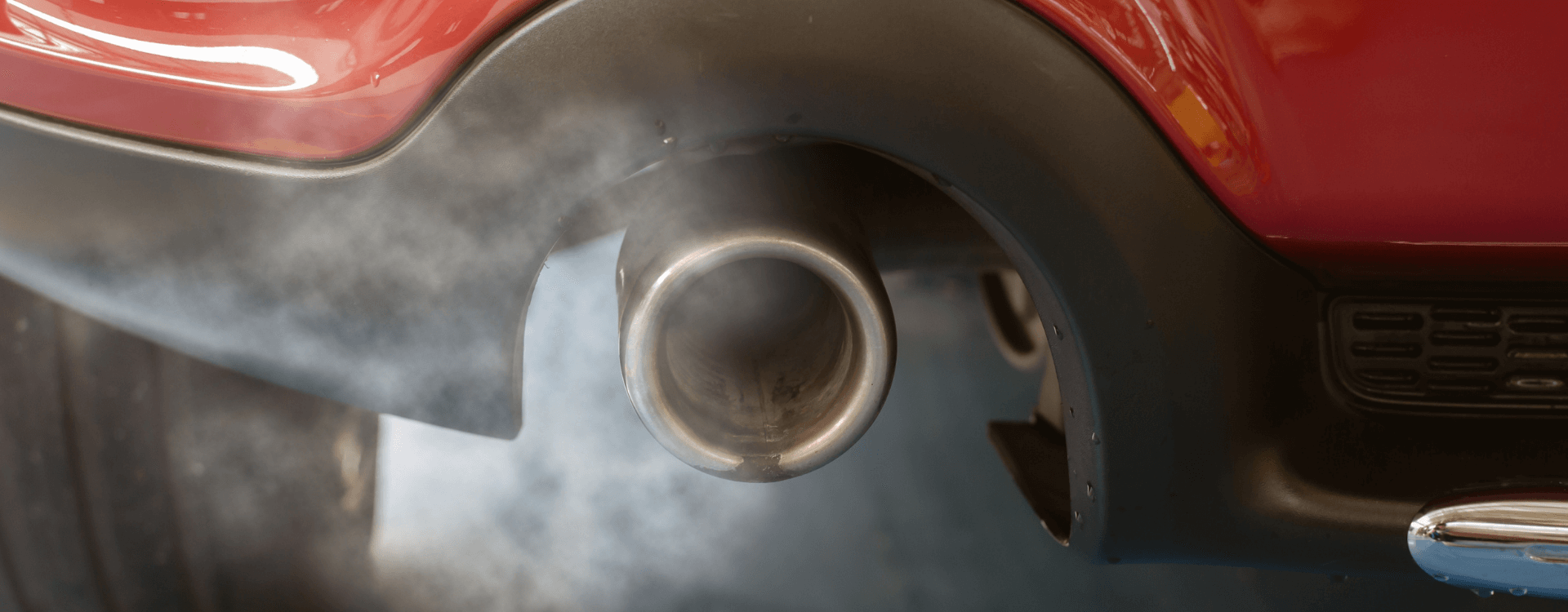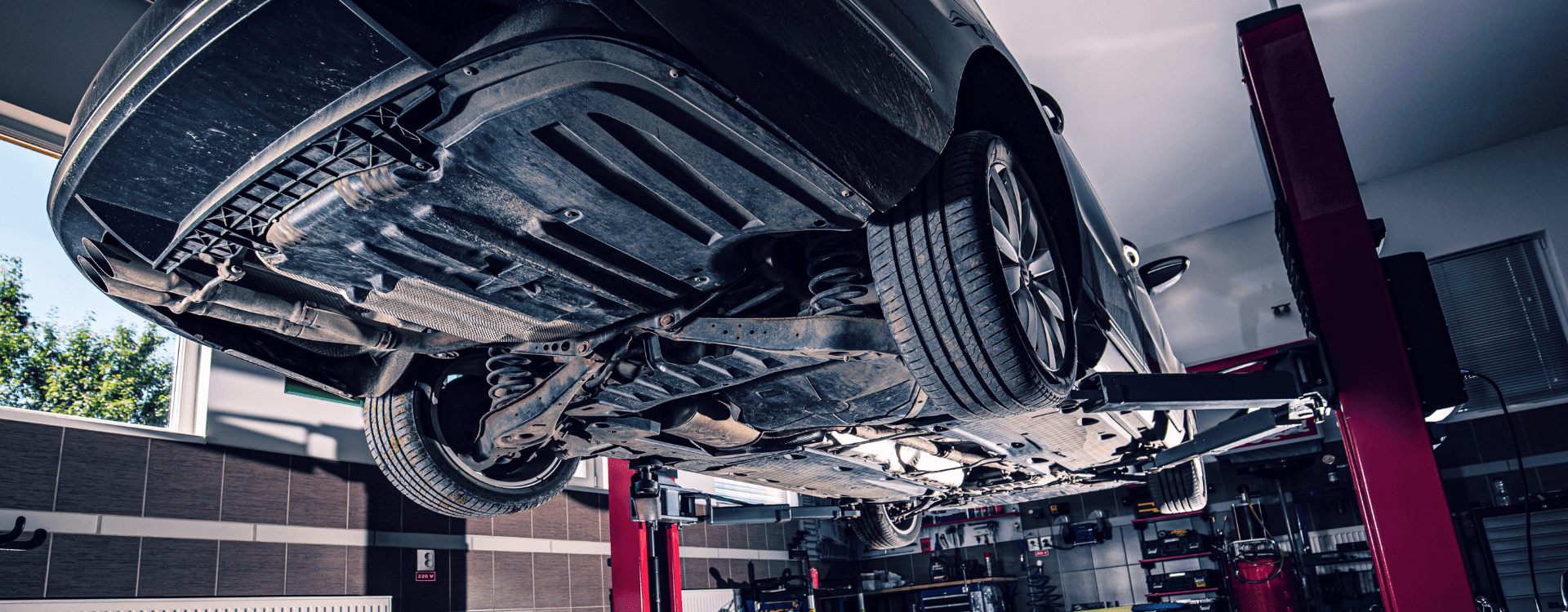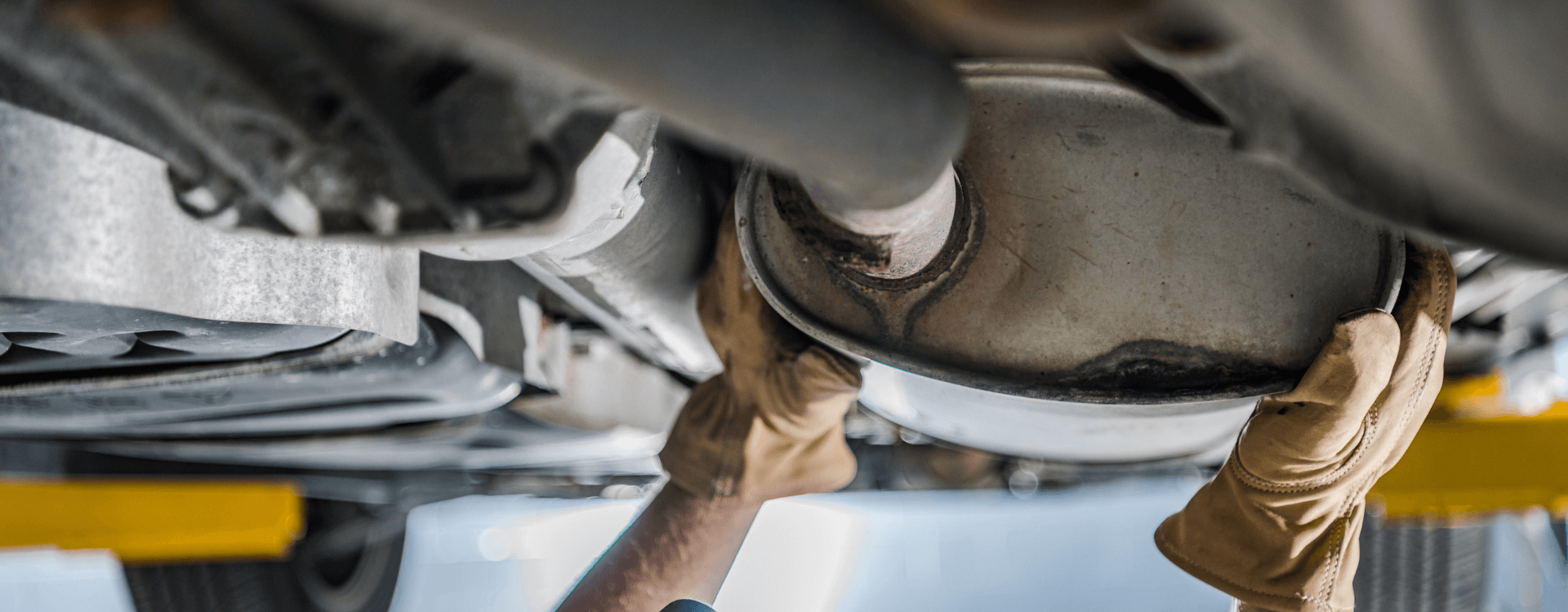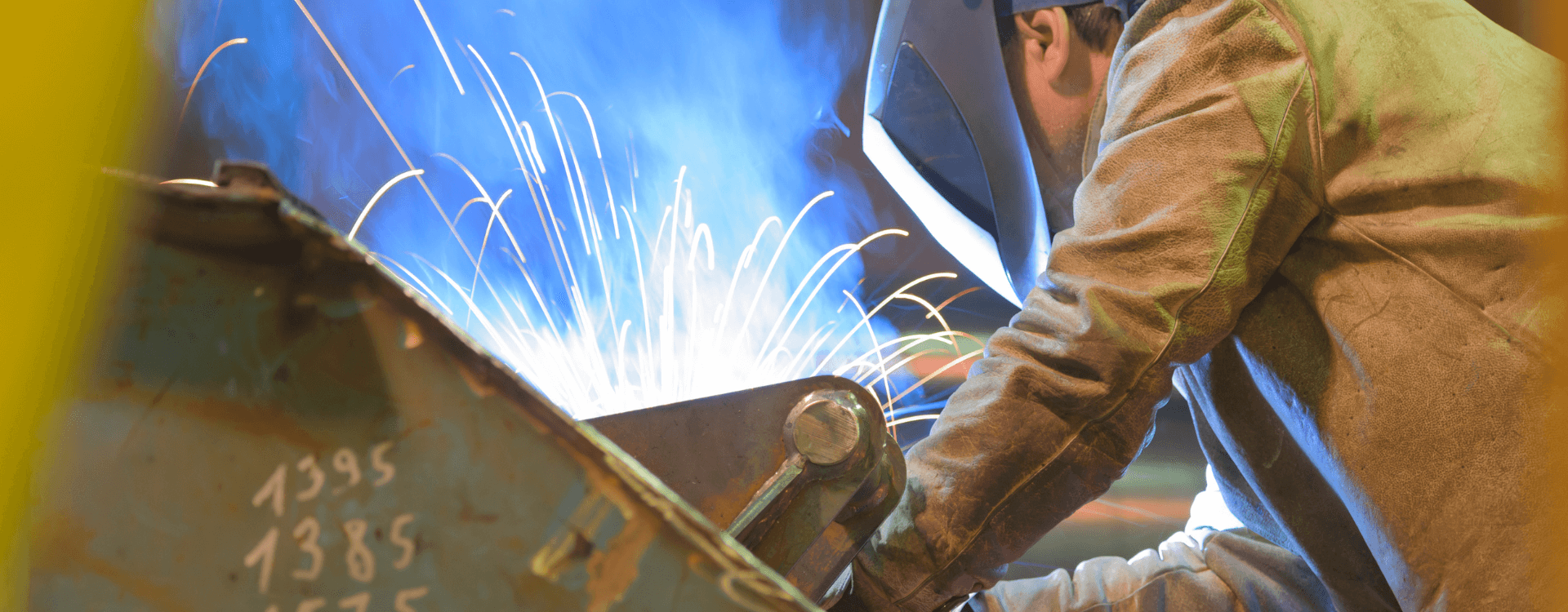
All you need to know about DPF and catalytic converter recycling
Diesel particulate filters have been fitted to our vehicles since the early 2000s and since 1993 for catalytic converters. The recycling market is therefore now overwhelmed by these parts for reprocessing. Their reprocessing and disposal is a challenge, as it involves a sometimes long and costly industrial process. It is also a challenge, because the recovery of precious metals that make up these parts is part of a circular economy approach. While professionals are very familiar with the DPF and catalytic converter recycling process, few private individuals know that they can re-sell these parts and make some profit from them. Between environmental necessity, legal obligation and real opportunity, Krosfou takes a precise look at a subject that is too little developed to allow you to know everything about DPF and catalytic converter recycling.
Recycling is a necessity
A vehicle remains a highly polluting object even when it is no longer on the road: it is then considered a EOL (End of Life Vehicle). Most of its components must be considered toxic and dangerous. Gone are the days (and fortunately so) when you saw no problem in getting rid of your old car in a ditch or at the bottom of a lake.
Non-recyclable waste from a car (e.g. oil change, air-conditioning fluids or even explosives from airbags) must be recovered, treated and disposed of by professionals. These elements are extremely polluting and very harmful to the soil if the necessary precautions are not taken.
According to the agency for ecological transition (ADEME), more than 90% of a vehicle is now recycled, whereas a European directive requires a 95% recovery share. When we know that thousands of cars are scrapped every year, this effort is far from being in vain.
DPF and catalytic converter recycling: a legal requirement
As a private individual, you have a duty to dispose of your used parts and fluids properly, however restrictive this may seem. This means, of course, that you have first taken the necessary steps to recover any fluids from the repair, so that they do not seep into the ground.
The DPF and catalytic converter are no exception when it comes to recycling. If you replace these parts yourself, you must ensure that they are disposed of properly.
Keep in mind that in case of dumping or abandoning waste, a private individual risks a fine of up to €1,500, and €3,000 in case of a repeat offence. For a professional, the judge can impose up to 2 years' imprisonment and a fine of €75,000. It is therefore not worth the risk. You can then opt to resell your parts used, as we will see below, or simply return them to the waste disposal centre of your commune.
>> Also read: At the origins of the DPF and catalytic converter, know and understand the law.
DPF recycling
Diesel particulate filter recycling is not as widespread as catalytic converter recycling. Few companies have developed this activity, which is considered less profitable: a DPF contains less precious metals than a catalytic converter. However, standards are evolving and recent DPF contain increasing amounts of precious metals. The recycling process for today's DPF is identical to that of your old catalytic converter.
But be aware that used DPF sometimes have a second life. When your garage offers you a standard exchange, this means that the filter used for the repair is a reconditioned part. The monolith inside the filter is replaced at the factory so that the part can start a new life. PSA is the best known manufacturer to perform this operation for its Peugeot and Citroën models. That's why, when replacing your DPF, we can offer you two prices, the higher of which is the new part.
The second-hand car parts websites also offer DPF for sale. With — often — very racy formulas, you are promised wonders for cheap, up to 50% less than the new price. We urge you to be very careful with these promises.
Some unscrupulous suppliers offer very poor quality diesel particulate filters, where the original monolith has been replaced by an unsuitable monolith. Sometimes the parts have even simply been cleaned, which greatly reduces their life span and risks premature damage to the engine. Moreover, if the cleaning is not done properly, the thin layer of precious metals is damaged and no longer plays its role as a filter. Your car then pollutes as much as if it were not fitted with a filter.
Receive up to €250 by recycling your DPF and/or Catalytic converter !
Catalytic converter recycling
Do you want to know if your Catalytic Converter is Bad ? Do you want to know if your DPF is clogged ?
The market for recycling the catalytic converter is particularly well developed. The technology is perfectly mastered by many companies. The monolith or so-called honeycomb structure of the catalytic converter contains several precious metals, including rhodium (about one gram per piece), palladium or platinum (between three and seven grams, depending on the pot model), some of which are worth more than gold. The monolith is ground into powder, before being heated to very high temperatures to extract the rare metals.
These rare and expensive to produce substances can then be reincorporated into new catalytic converters, reducing the pressure on the environment by decreasing the amount to be extracted, particularly in South Africa's already over-subscribed platinum mines.
This circular, eco-responsible approach to recycling can unfortunately produce unexpected side effects. The authorities have noted a significant increase in the theft of catalytic converters over the past 10 years. Criminals are primarily targeting commercial vehicles, as they can easily slip underneath. By the time you have done your shopping, the crime has been committed. The police regularly get hold of more or less organised gangs and all regions of Europe are unfortunately concerned.
In fact, this is one of the reasons why since the 2011-900 finance law of 29 July 2011 (article 51) it is no longer possible to pay cash for ferrous and non-ferrous metal transactions, regardless of the amount. Therefore, beware of unscrupulous buyers offering you cash for your old pot. You would be exposing yourself to serious penalties.
Theft, scams... Rest assured, there is a right way to do things ! You will have no difficulty in finding specialists in repurchasing and reprocessing catalytic converter on the internet. If you are planning to buy a NEW DPF or catalytic converter, Krosfou will offer you up to €250 for the trade-in of your original part. All you have to do is indicate the vehicle registration, model or part number you are looking for and you will get an immediate answer online on the product sheet. And if you are planning to sell your vehicle to a scrapyard or scrap dealer, also consider dismantling the catalytic converter and selling it to a specialist company.
Now that you know how a DPF or catalytic converter is recycled, why not go ahead and replace one of these parts yourself ? You can find all our new products on our website, Krosfou has parts in stock for almost 90% of vehicles on the road in Europe.
>> Also read: How to clean the catalytic converter while driving

